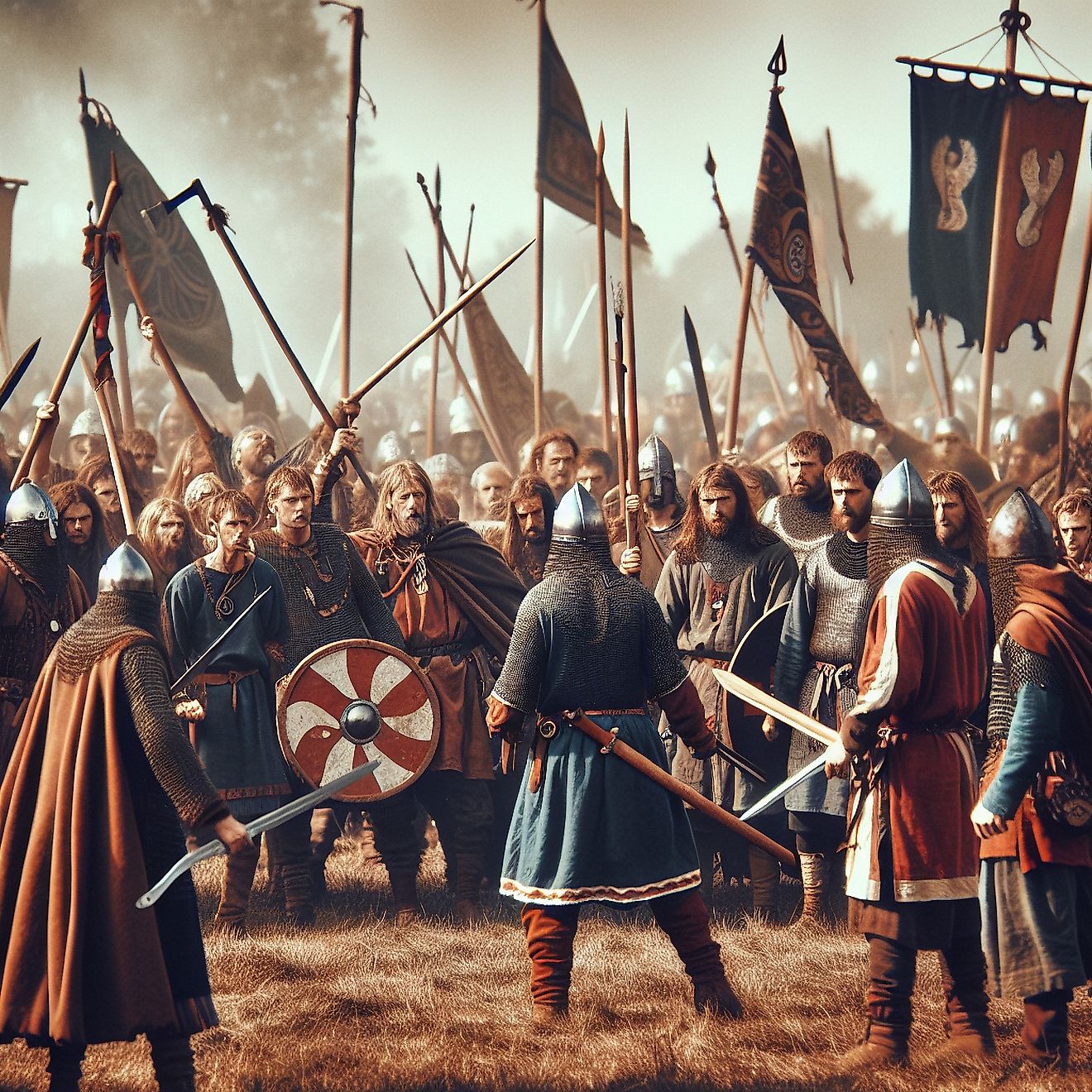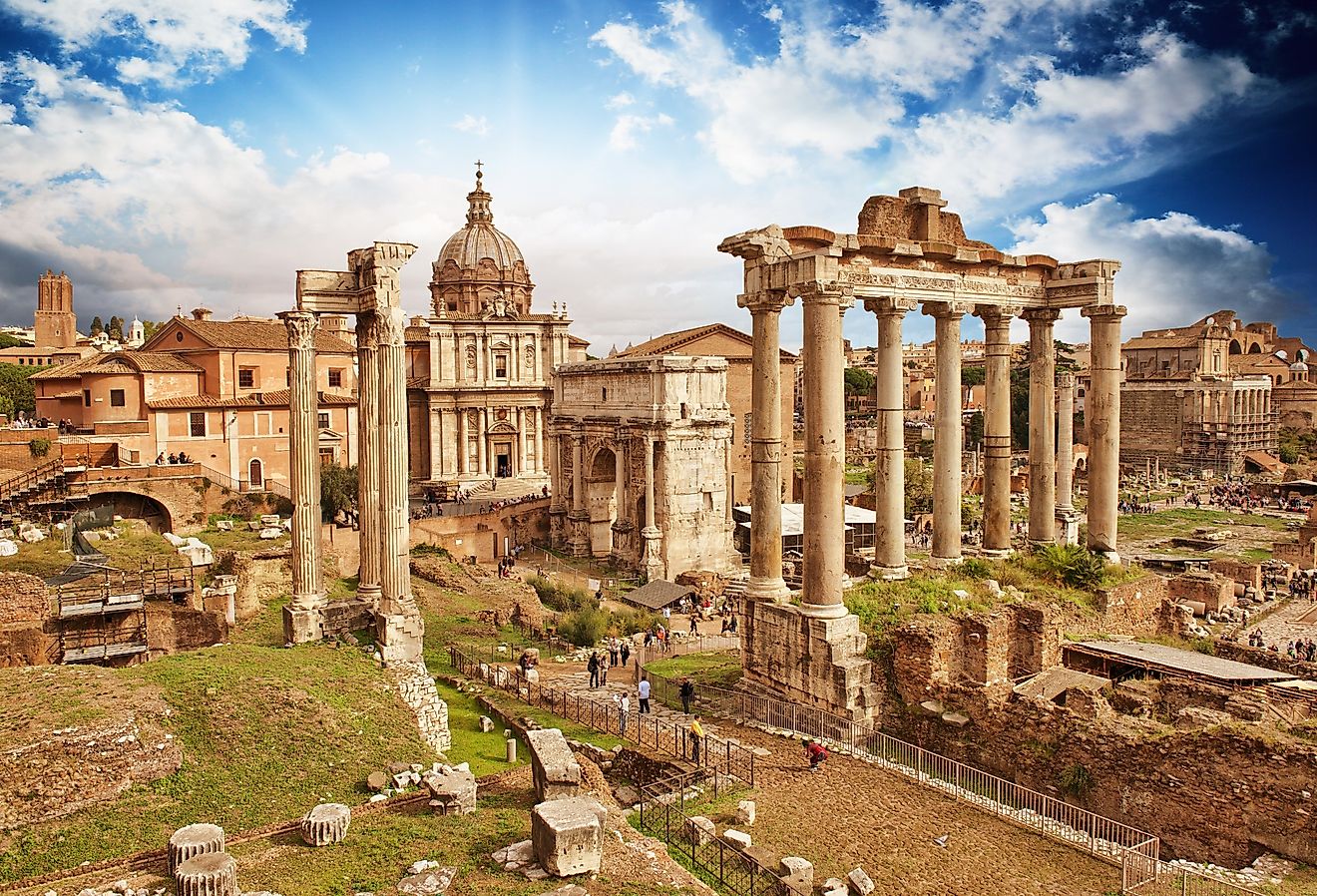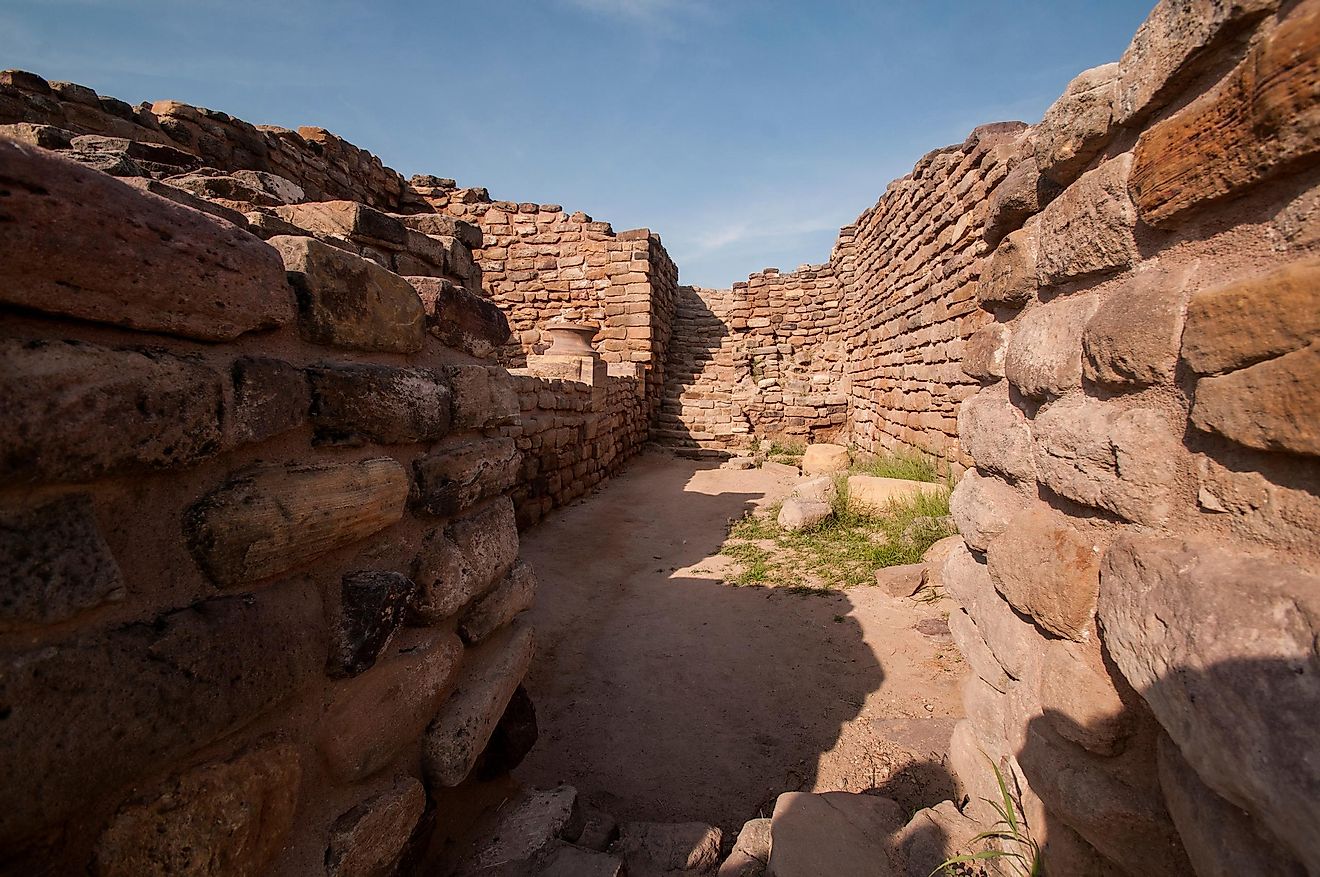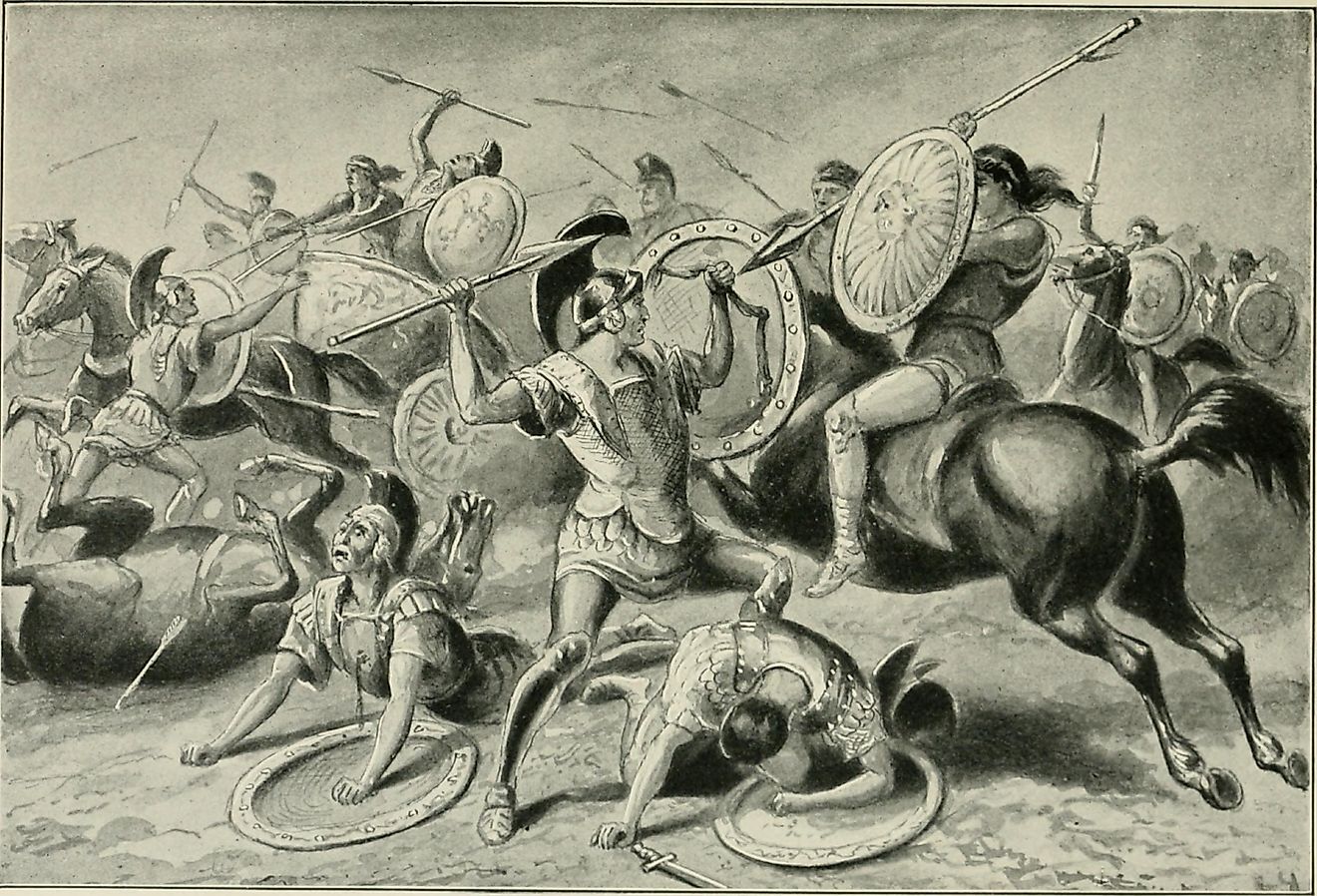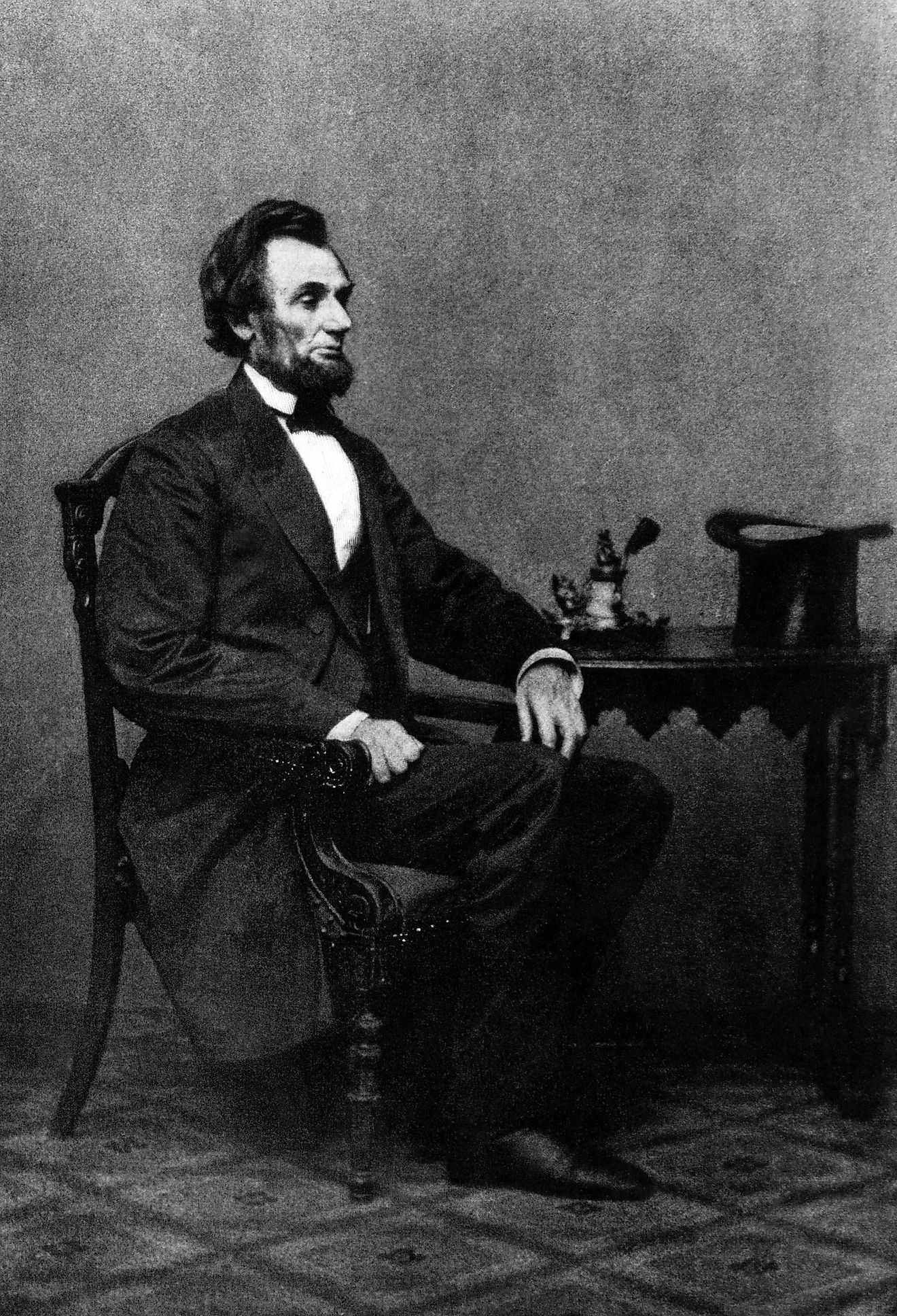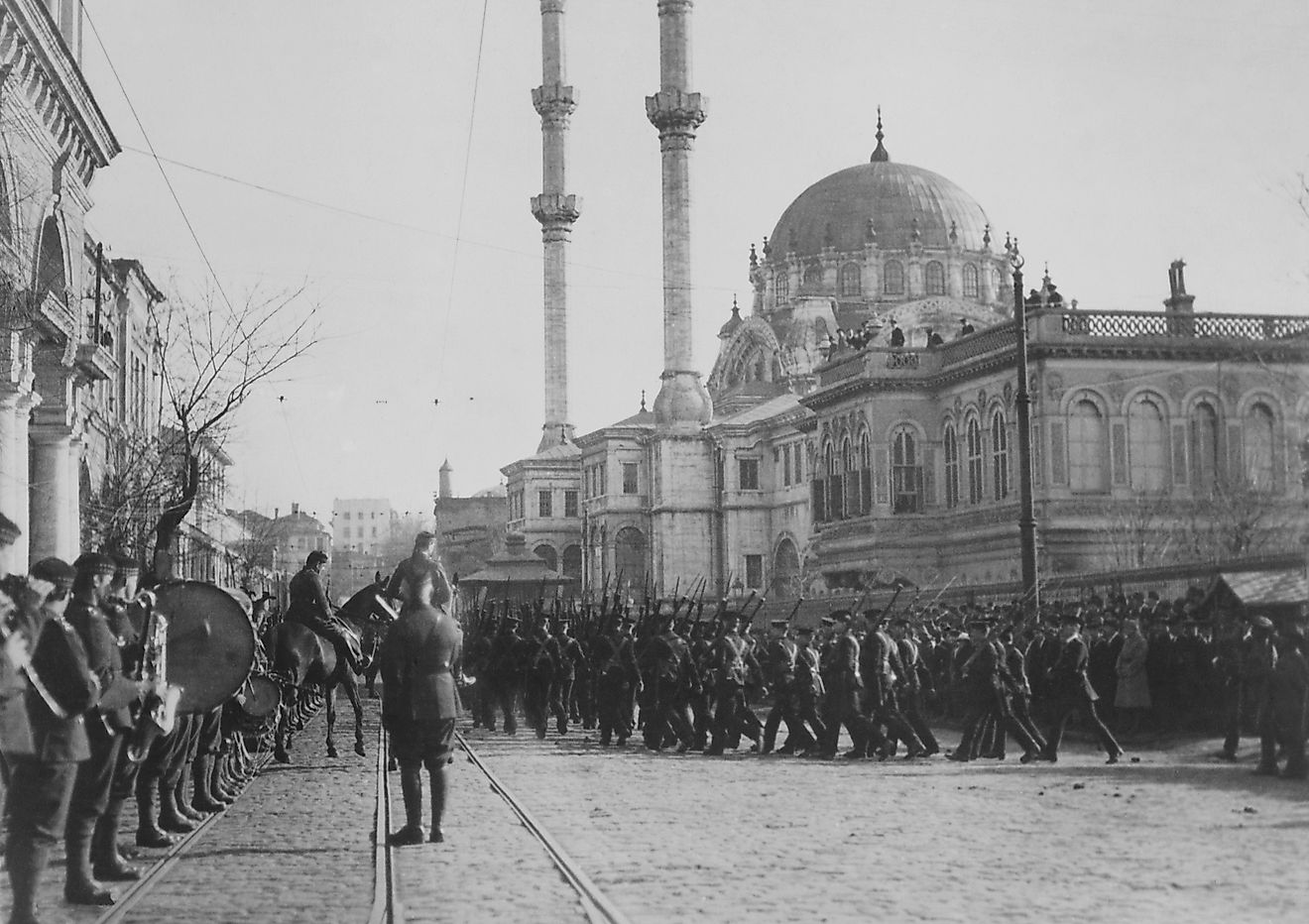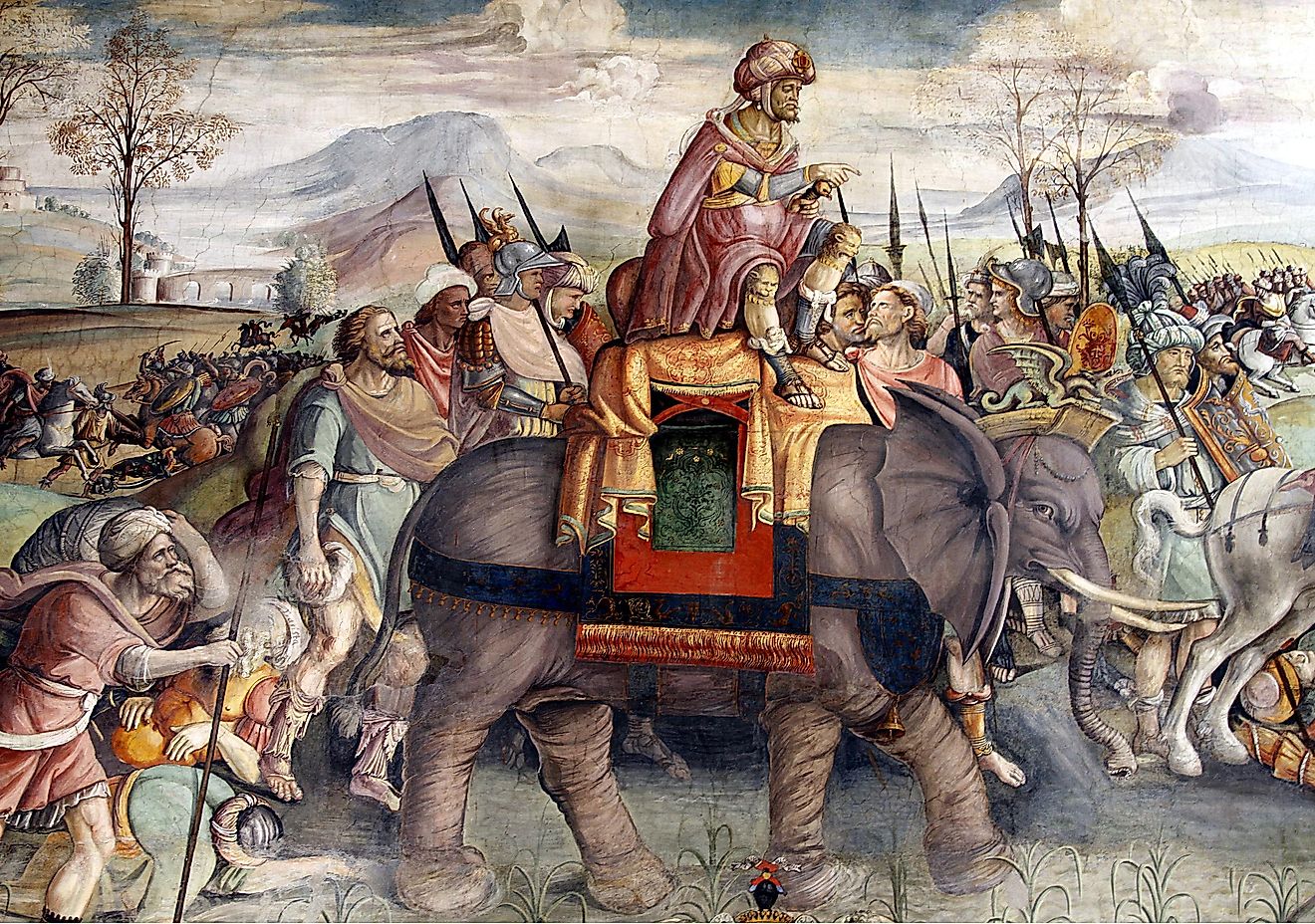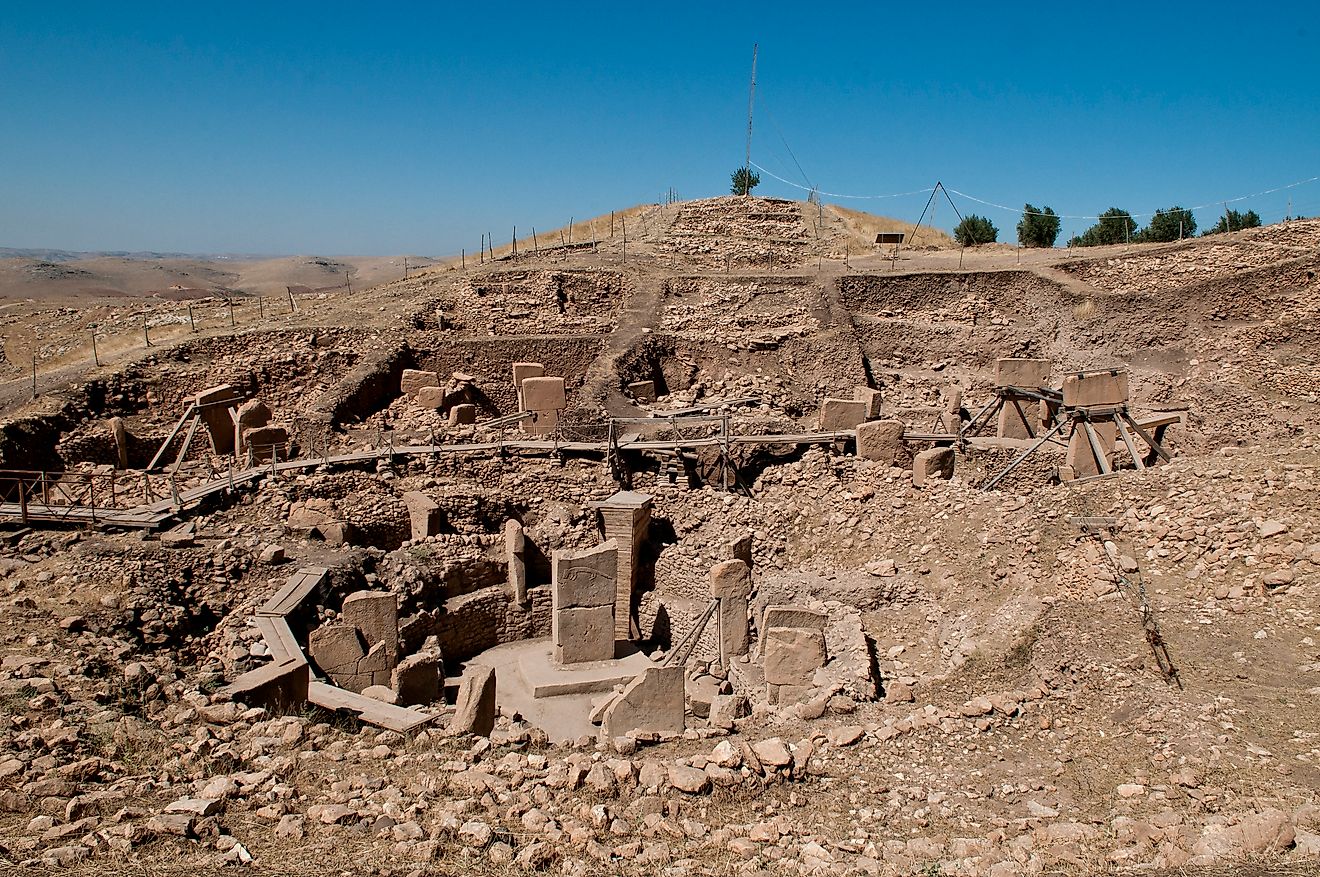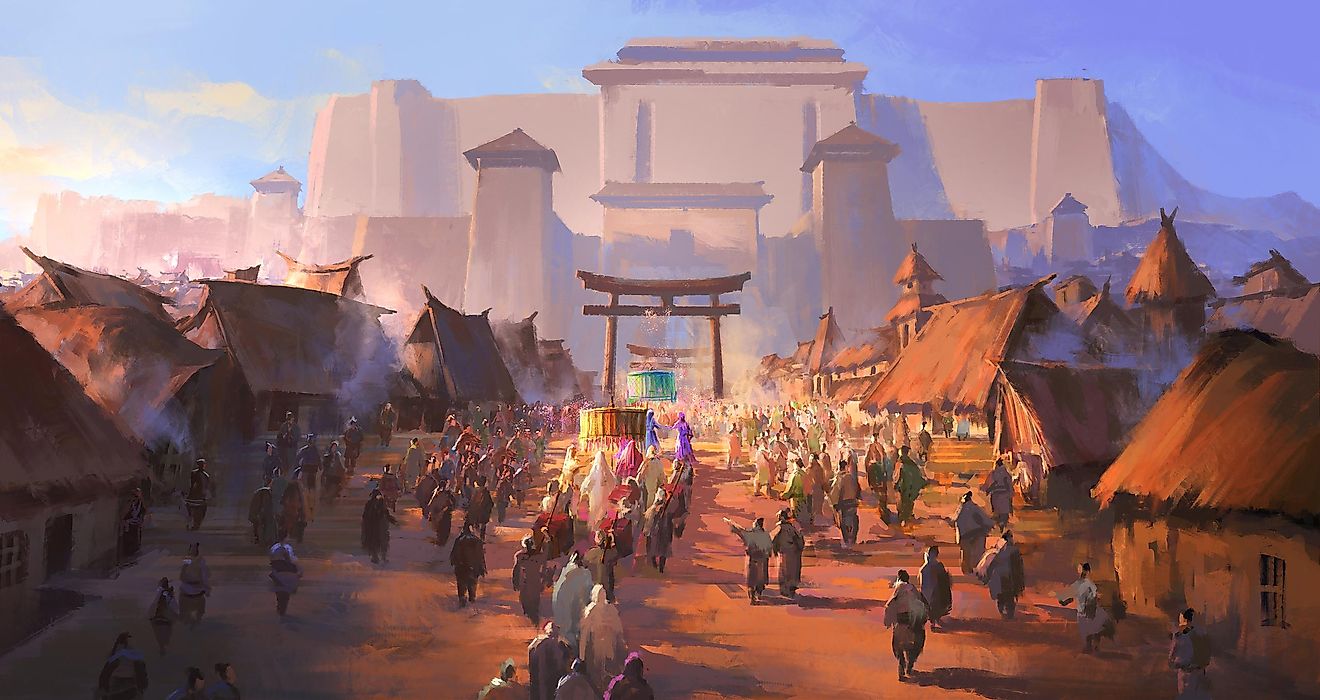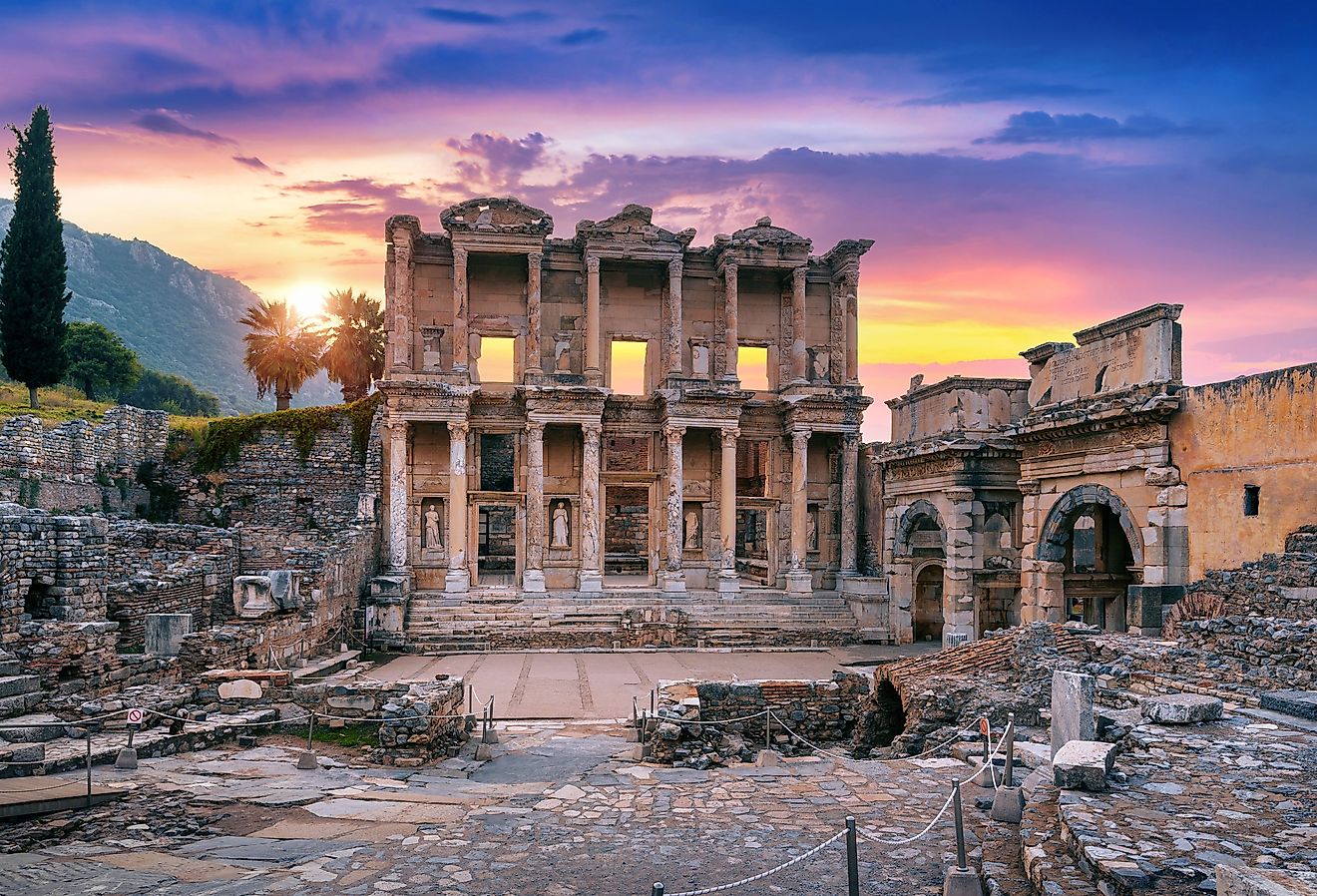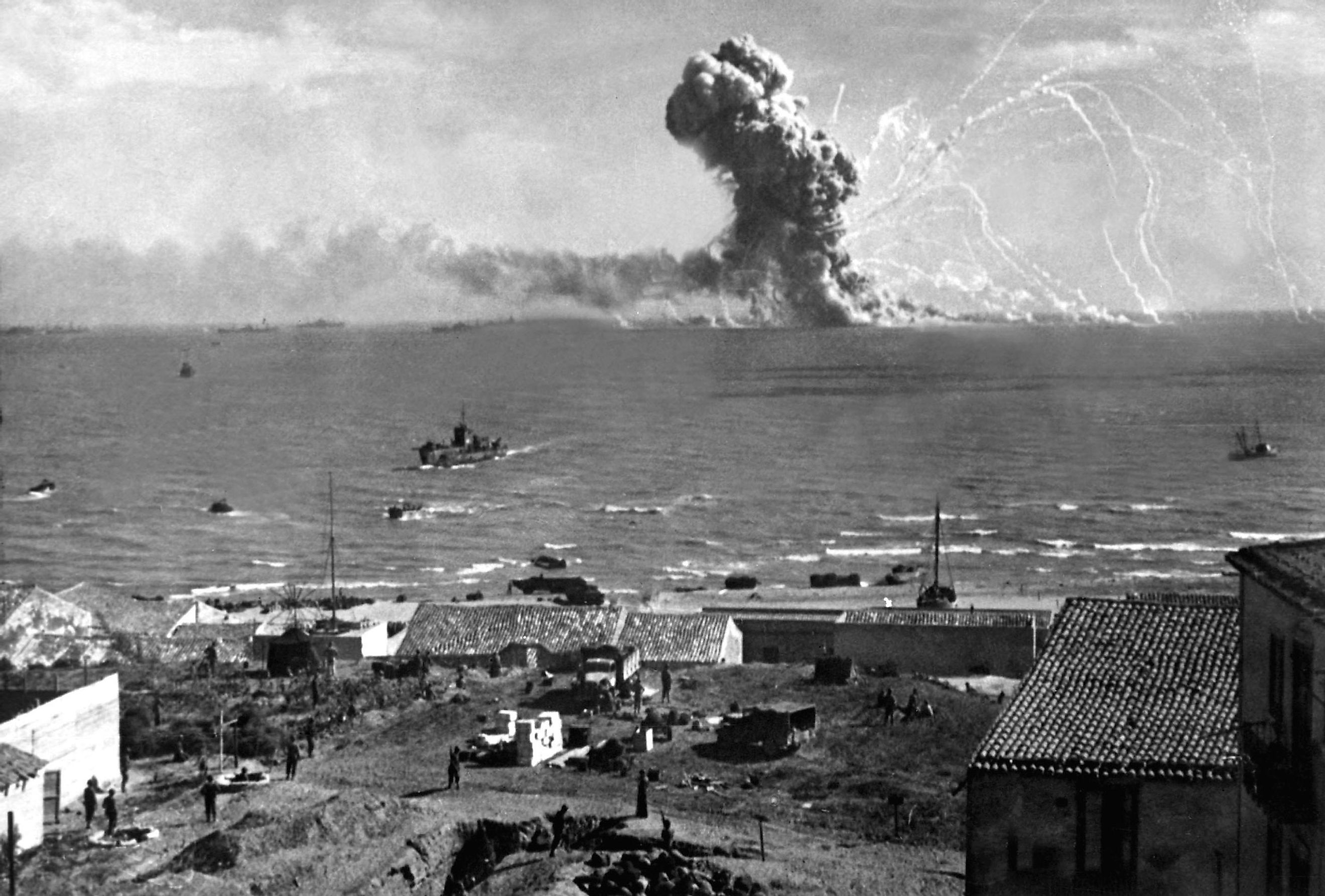
Allied Invasion Of Italy
The Allied invasion of Italy began in the summer of 1943. It marked their first significant incursion onto the continent since the fall of France. Furthermore, it resulted in Benito Mussolini being ousted from power. Therefore, while this campaign is perhaps less well-known than the invasion of Normandy, it still holds importance.
Background
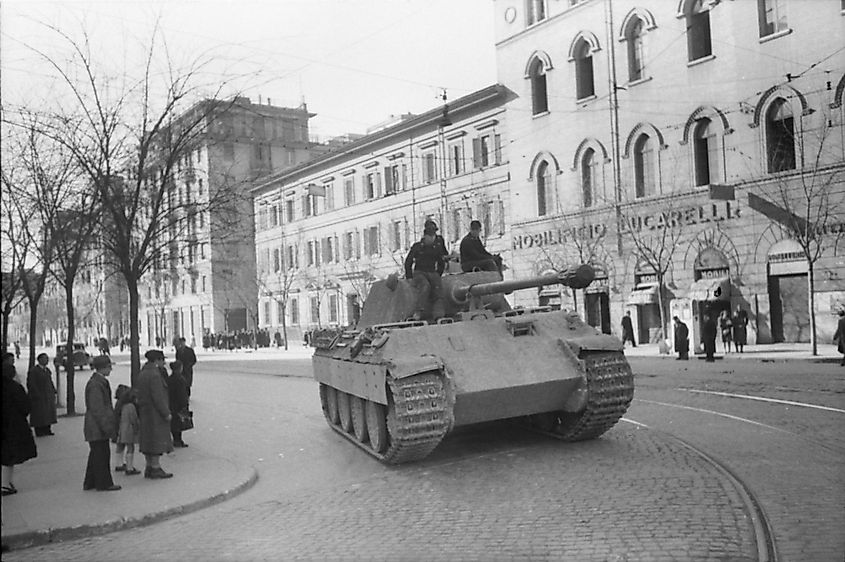
The Italian war effort was largely characterized by defeat and incompetence. Entering the conflict on June 10, 1940, about nine months after Germany invaded Poland, Italy focused its attack on North Africa and the Balkans. However, as both campaigns stalled, this forced the Germans to come to their aid at the beginning of 1941. Despite Axis advances after this intervention, with Greece and Yugoslavia being occupied and Field Marshal Erwin Rommel making steady progress in Egypt, Italy remained weak. Therefore, when the Allies liberated North Africa in May 1943, this set the stage for the invasion of Italy.
The Invasion Of Sicily
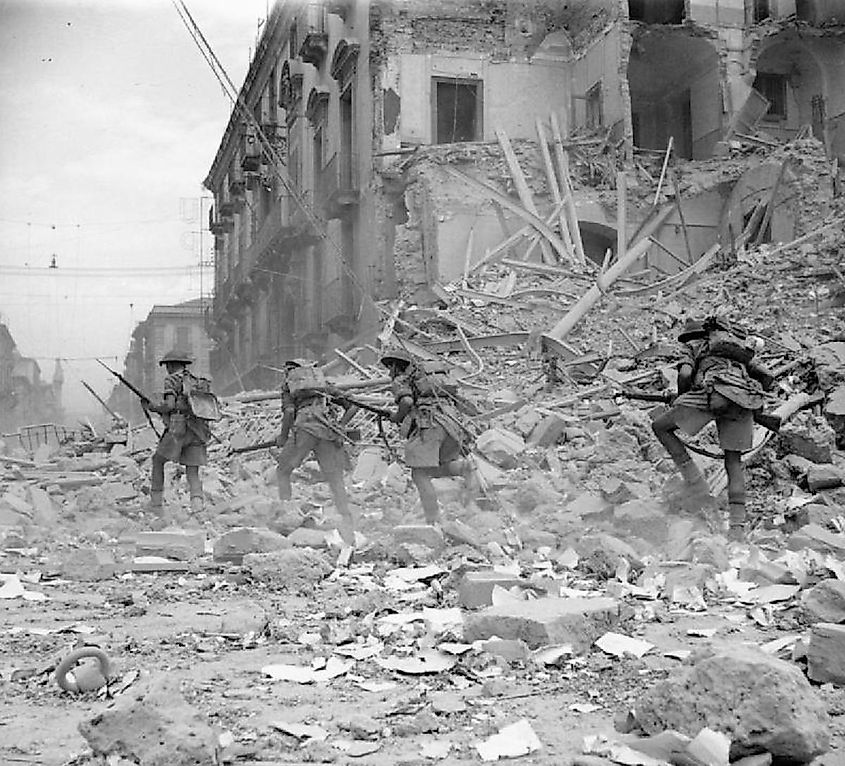
The Allies invaded Sicily, Italy's southernmost major island, on July 9, 1943. Codenamed Operation Husky, the campaign began at 11:00 PM with two attacks from the Americans and two from the British. Despite near-gale level winds, paratroopers began landing on the island at 2:45 AM on July 10. The southern Sicilian town of Licata, a key port, was quickly captured, followed by the larger city of Syracuse. After gaining control of a sizable territory, with the Americans occupying 70 miles of the southern coast and the British controlling 30 miles in the southeast, the Allies finally faced some substantial resistance in the form of two German and nine Italian divisions. However, the British and Americans continued to land troops on the island, with over 150,000 soldiers making landfall in the first three days of the invasion. This would prove to be too much for the Germans and Italians, with them being pushed to the northeastern city of Messina by mid-August. Ultimately, the Germans evacuated as many soldiers as they could to the mainland, and the Allies took Messina on August 17. Sicily had been captured. This resulted in Mussolini losing a confidence vote, thereby being ousted as Italy's leader. He was subsequently arrested.
The Invasion Of The Mainland
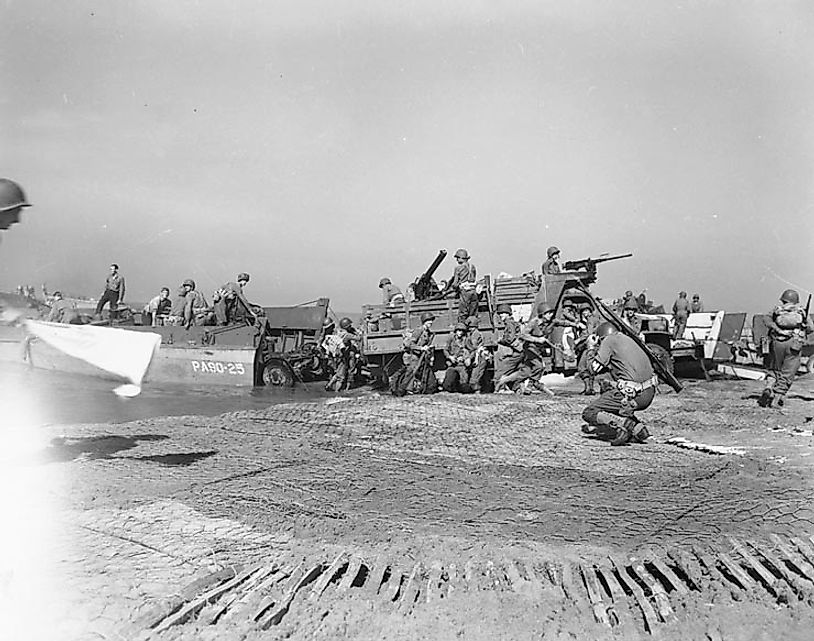
The Allies began their invasion of mainland Italy on September 3. That same day, the Italian government agreed to a capitulation, which was announced on September 8. However, Adolf Hitler then charged Field Marshal Erwin Rommel with retaking the country. Among other things, this resulted in Mussolini, who was currently imprisoned on the Gran Sasso Mountain, being freed by German paratroopers on September 12. He was then installed as a puppet leader in northern Italy. The presence of German troops, paired with Italy's mountainous terrain, meant that it essentially took Allied soldiers until the war's end to liberate the whole country.
The Aftermath
However, this slow progress in Italy was ultimately irrelevant to the war's outcome. In the east, the Soviets had halted the Germans' advance in early 1943. Furthermore, despite a counteroffensive at Kursk in the summer of 1943, the invasion of Sicily forced Hitler to divert troops to the Italian front. The next year, the Allies invaded Normandy on June 6. The attempted assassination of Hitler on July 20 further solidified the Axis's disarray. Ultimately, the war in Europe ended in May 1945, with Hitler killing himself on April 30 that same year. As for Mussolini, he and his mistress were caught trying to cross the border into Switzerland. They were then executed by partisans and hanged in the public square in Milan on April 28, 1945.
The invasion of Italy was a major Allied incursion onto the European continent. Moreover, it marked the end of Mussolini's reign as leader of Italy. For all these reasons and more, this campaign remains important when assessing World War II.
